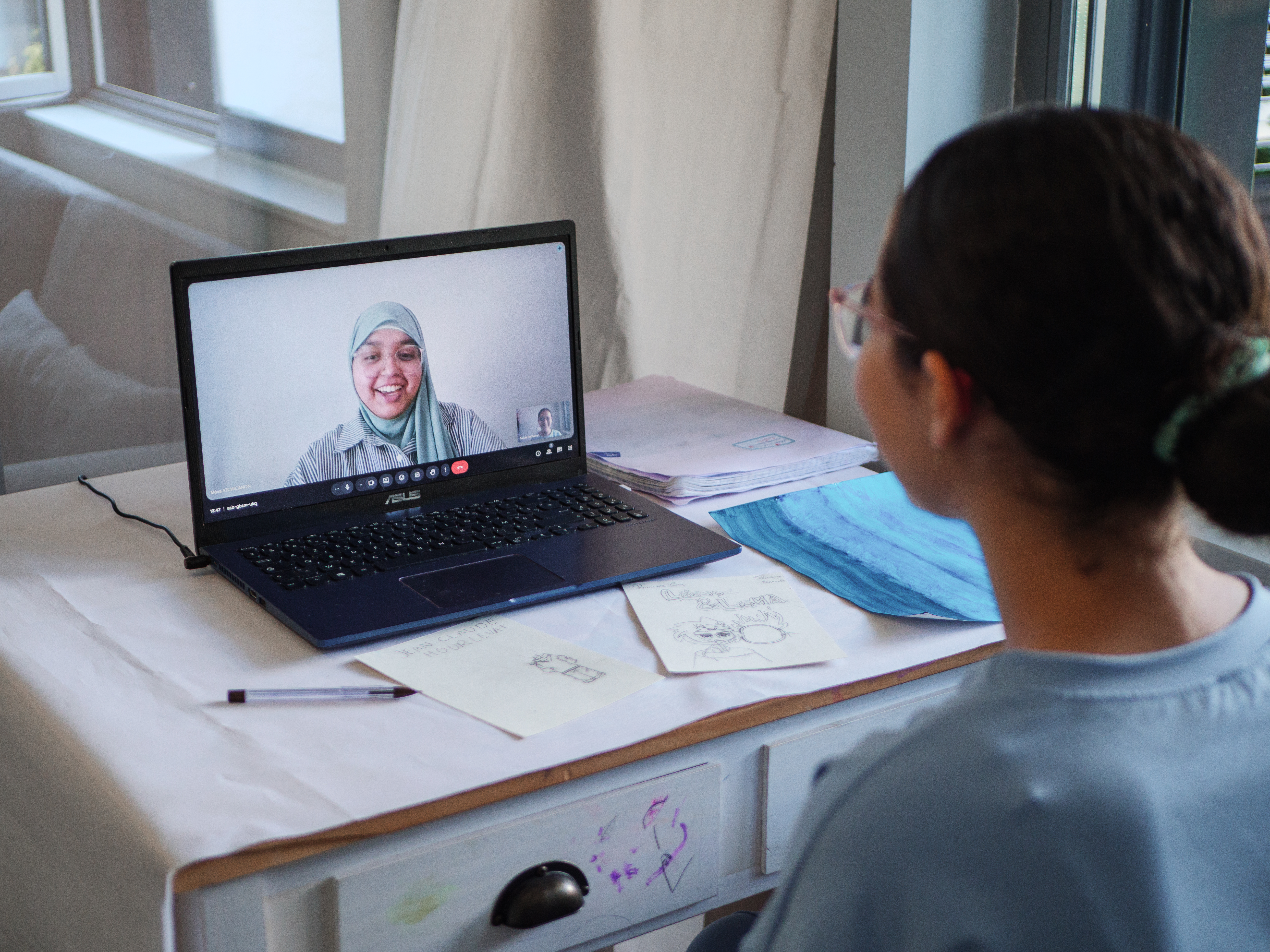
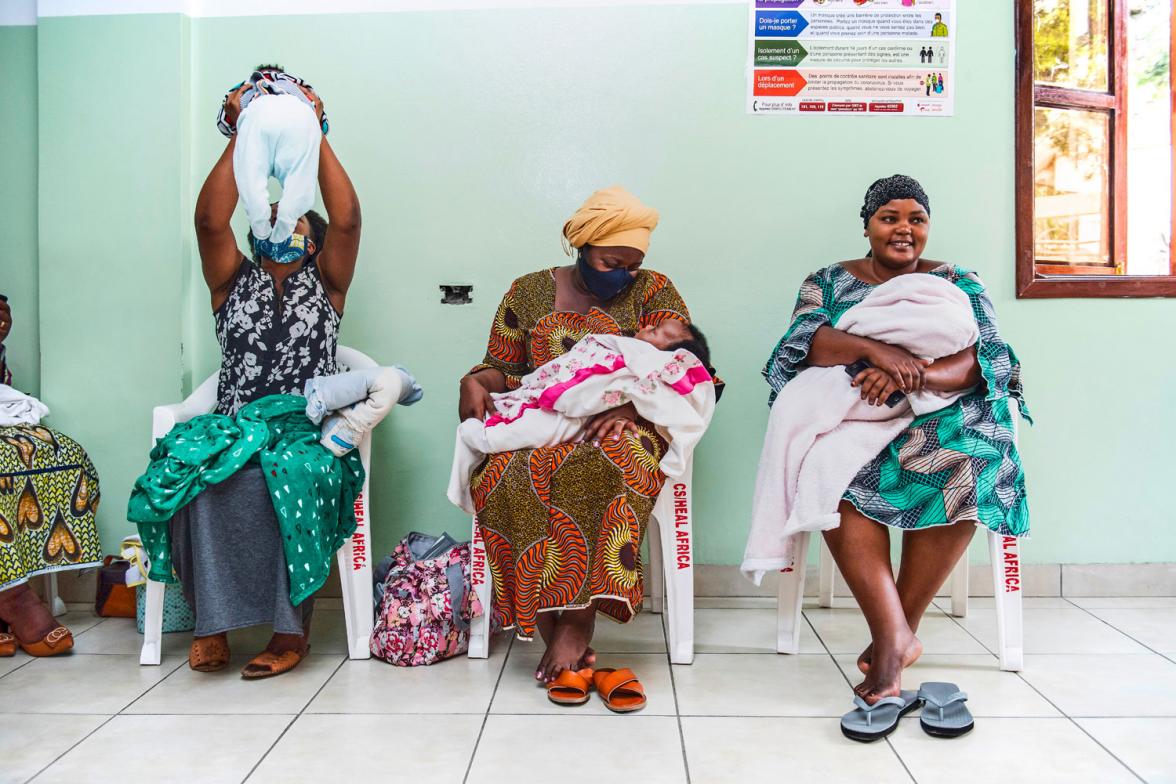
Actualités de l'association pour l'enfance l'AMADE

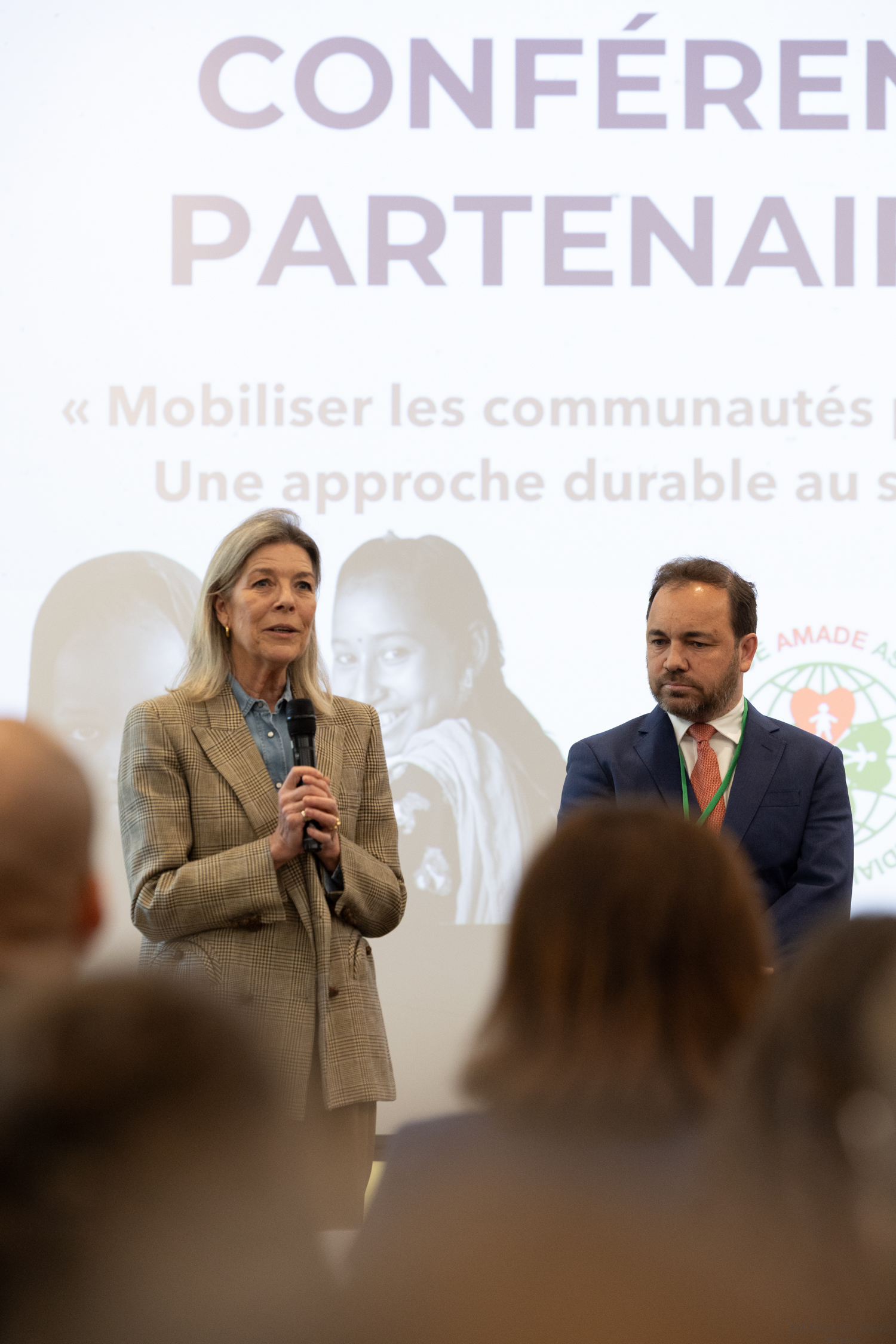
Conférence annuelle des partenaires
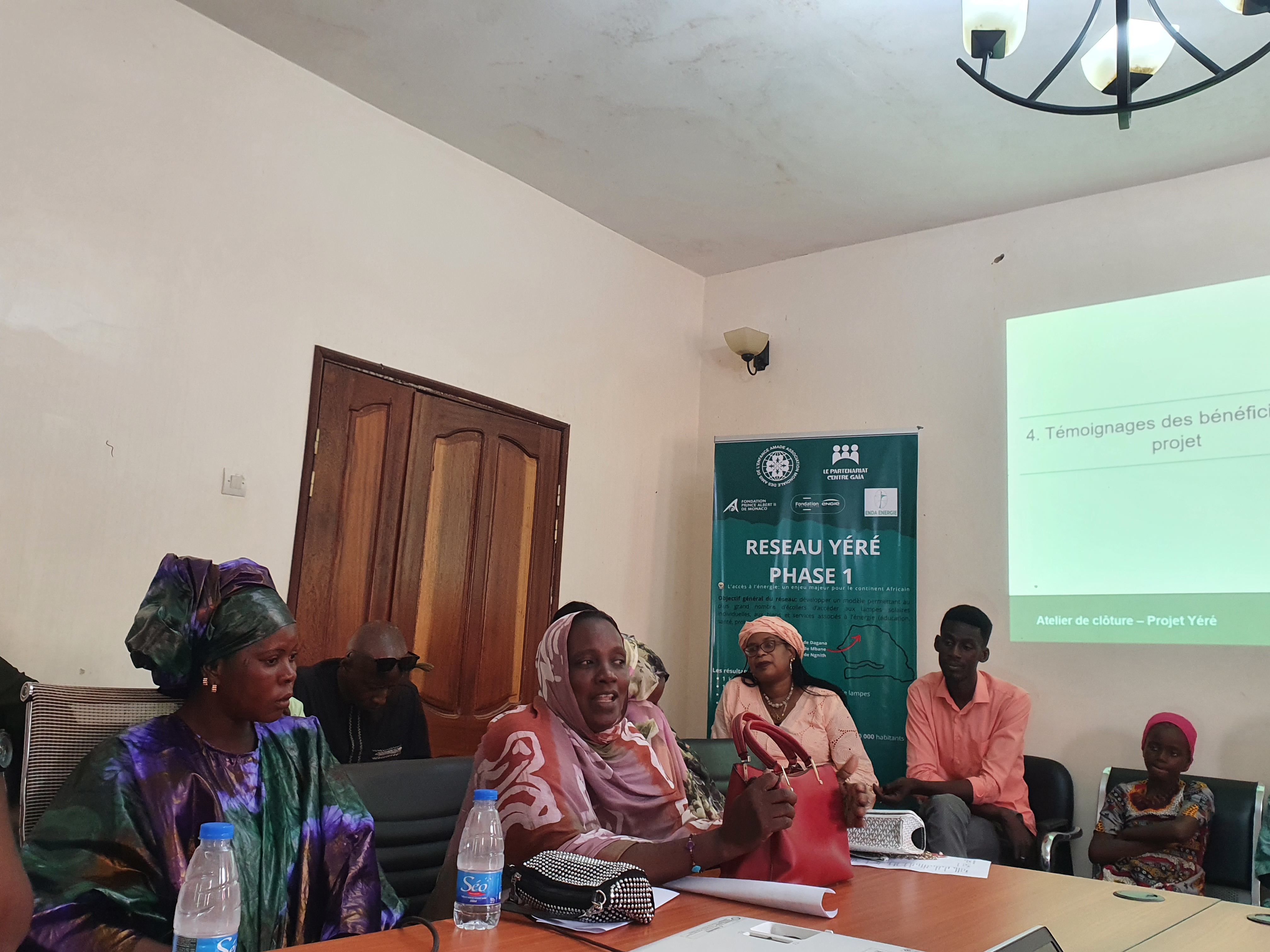
L'AMADE et Le Partenariat concluent avec succès la phase 1 du projet Yéré au Sénégal, permettant d’apporter l’accès aux biens et services énergétique pour les élèves du dernier kilomètre
Missions
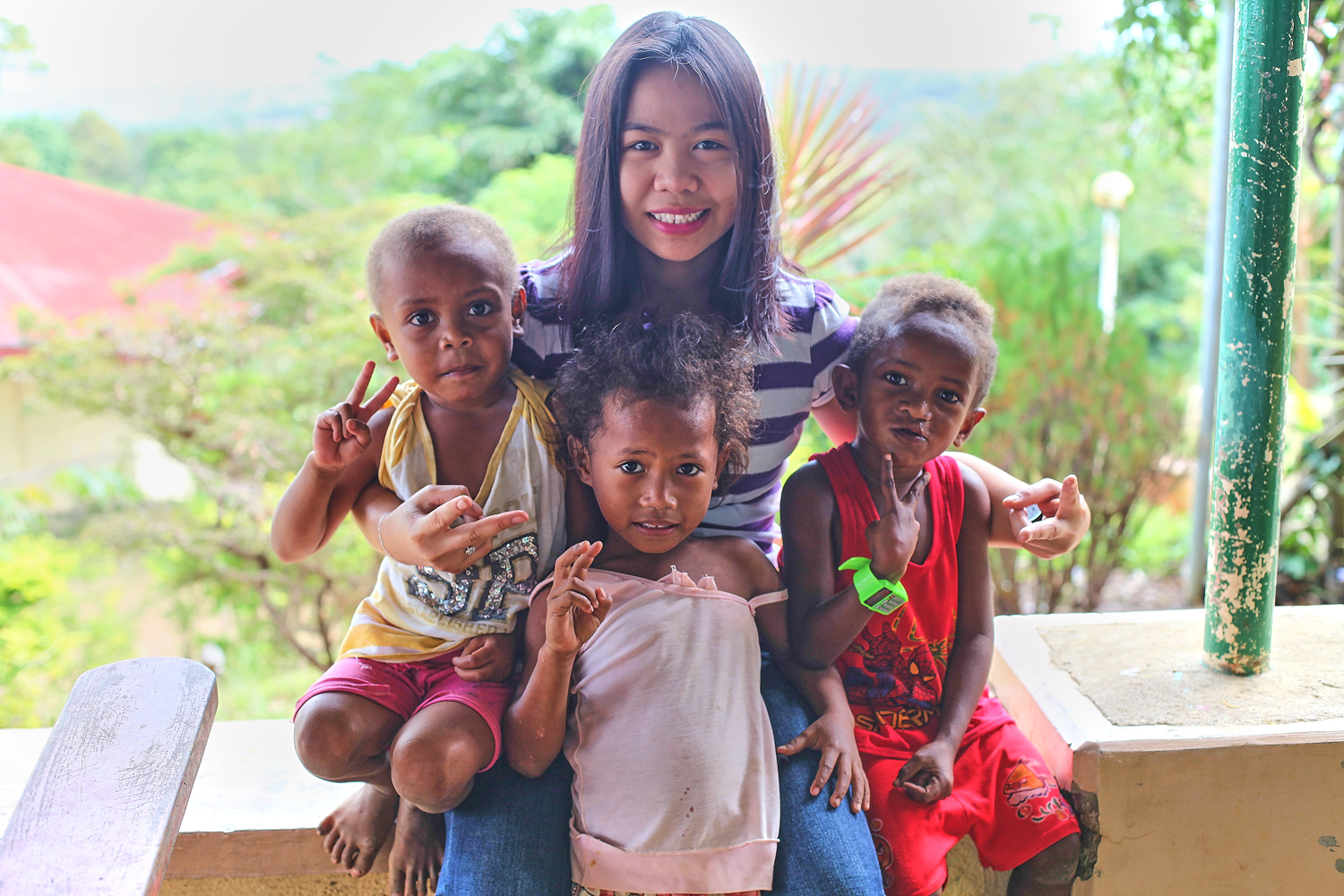
Protection contre la violence, l'exploitation et les abus
Protection
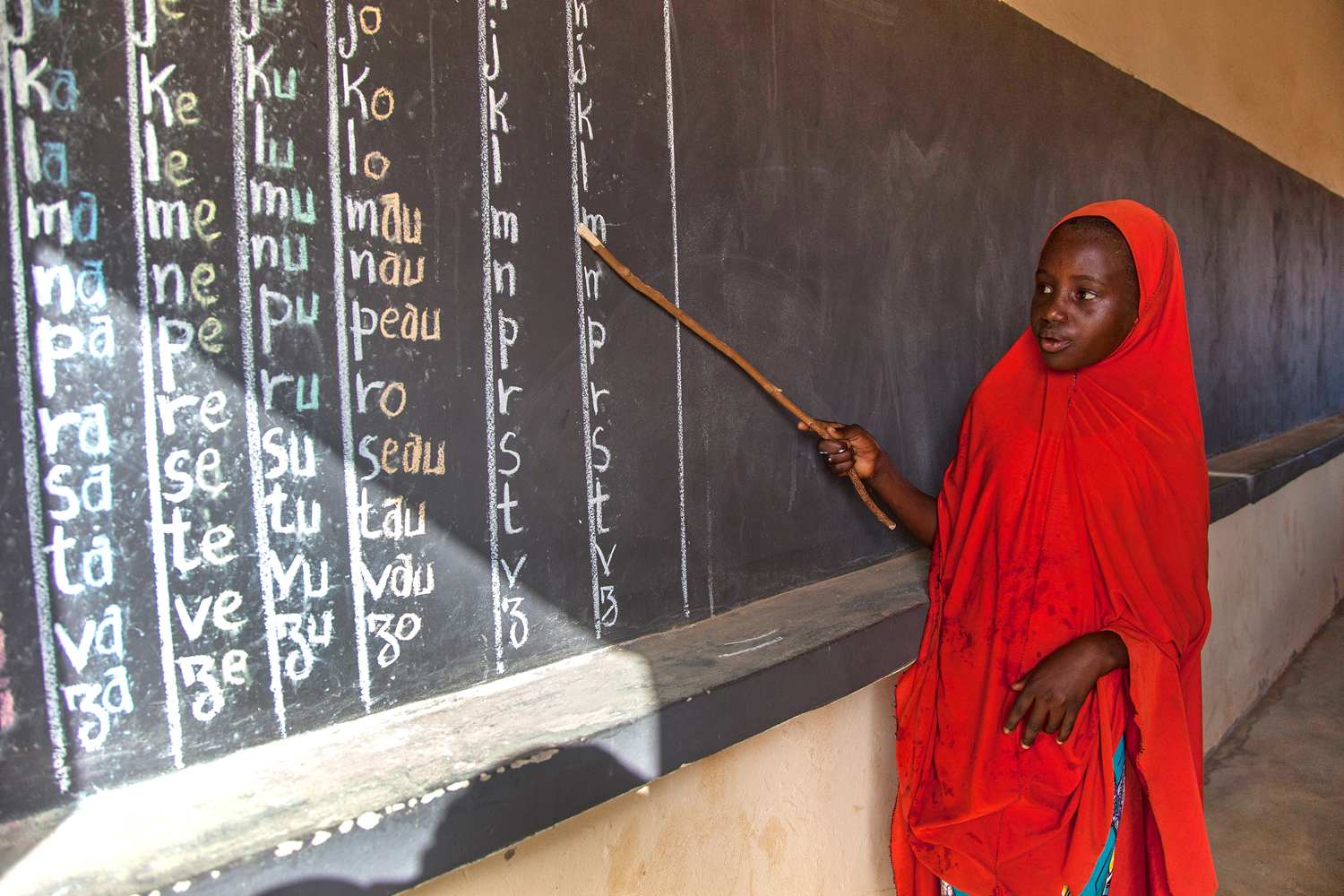
Renforcement de la qualité de l'éducation primaire, Accès des jeunes filles à l'éducation secondaire, Alphabétisation des mères
Education
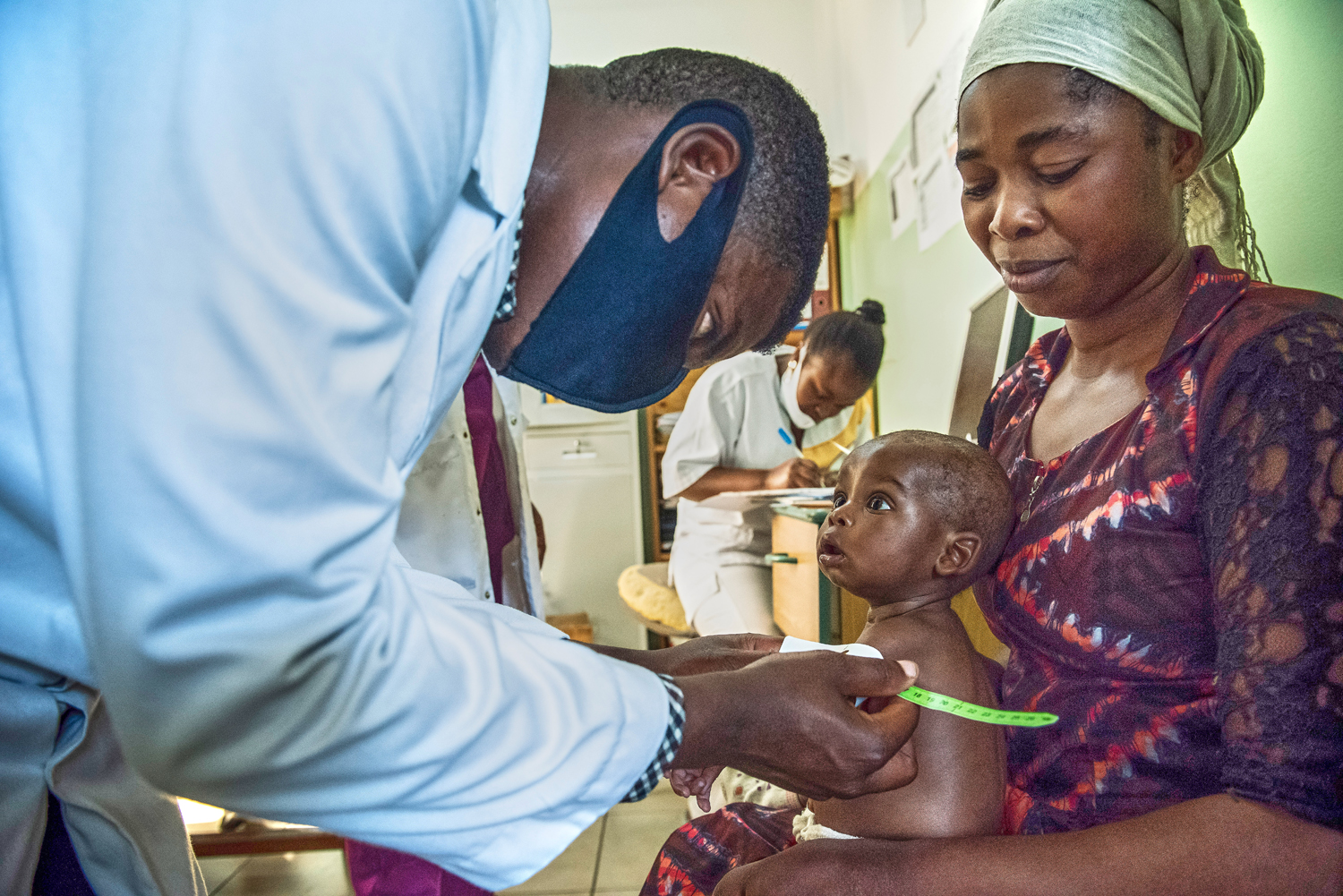
Prévention de la mortalité infantile, Lutte contre les maladies négligées, Formation des personnels de santé
Santé
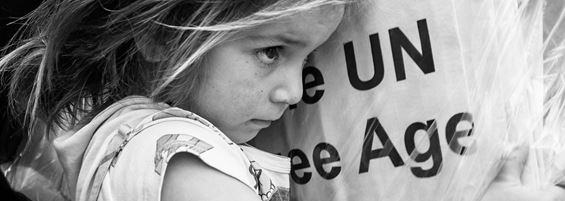
Intervention suite à des catastrophes naturelles, Enfants réfugiés, Enfants Migrants Non Accompagnés
Urgence / Post Urgence
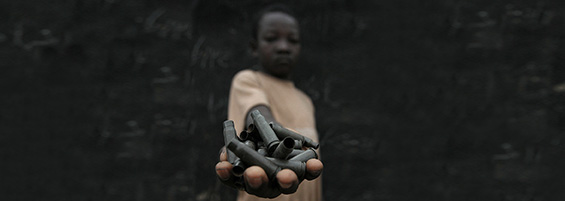
Sensibilisation & Plaidoyer
 L'Amade
L'Amade